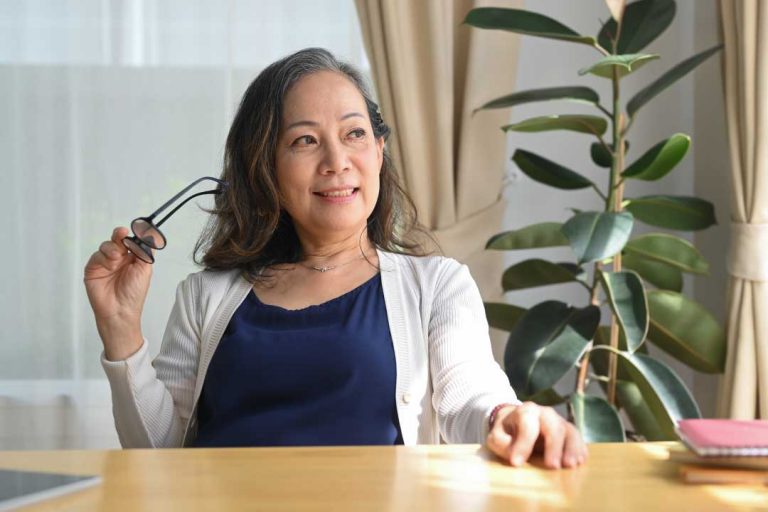
Glaucoma - how to advocate for yourself
If you’re one of the 76 million people worldwide suffering from glaucoma, it is so important that you know how to advocate for yourself, for optimal care. In this post from our head office team, we take a look at how you can do this.
he World Health Organization (WHO)’s World Report on Vision states that there are currently 76 million people around the world living with glaucoma.
In Australia, 300,000 people have the disease, however due to glaucoma having little to no symptoms, 50% are unaware that they have glaucoma.
“This is an alarming statistic,“ says Paul Folkesson, president of the World Council of Optometry.
“As we look at this growing problem, we need to ask ourselves in what ways can we realistically address this issue.”
Aside from optometrists working closely with ophthalmologists to bring patient centred care to the forefront of glaucoma treatment, he believes it is important for patients to take an active role to “advocate for themselves”.
How to advocate for yourself
Glaucoma is the leading cause of irreversible blindness in the world, so one way to get on the front foot with the disease is to first check if family members have it as people with a family history of glaucoma are more at risk of getting the disease.
If you have a family history of glaucoma you should start seeing your optometrist for a full eye examination from the age of 40. For those who do not have a family history you should have an eye examination every two years from the age of 50.
“Three in one hundred Australians will develop glaucoma in their lifetime,” says CEO of Glaucoma Australia Annie Gibbins, “yet more than a third (35%) have not undergone regular eye examinations, thereby increasing their risk of glaucoma remaining undiagnosed. We need this to change.”
To help change this statistic you can be an advocate for your own eye health.
You can do this by checking this list to see if you are in a high risk category. If you are then you should book an appointment with your optometrist to check for the early signs of glaucoma:
- Have a family history of glaucoma
- Have high eye pressure
- Are aged over 50
- Are of African or Asian descent
- Have diabetes
- Are short or long sighted
- Have been on a prolonged course of cortisone (steroid) medication
- Experience migraines
- Have had an eye operation or eye injury
- Have a history of high or low blood pressure
Glaucoma can affect anyone.
Kirk’s story
At the age of 29, Kirk Pengelly, guitarist, saxophonist and founding member of INXS, was diagnosed with glaucoma.
“When I got glaucoma it really hit home at how lucky I was to not lose my sight,” says Kirk Pengilly.
“An eye test is quick and painless and could be the difference between losing your vision, or not. Just as you go to the dentist or doctor for a check-up, you need to put an eye exam on your things-to-do list – particularly those over 50 like me. Use this World Glaucoma Week as a cue to book and treat your eyes to a simple test.”
Treat your eyes
During World Glaucoma Week 2021, Glaucoma Australia has launched the Treat Your Eyes campaign to help spark Australians into action to get their eyes tested.
A simple eye test is critical in the early detection and intervention of the disease in order to help save your eyesight.
Advocate for yourself by going online to book an eye examination with us today.
This website does not provide medical advice. It is intended for informational purposes only. It is not a substitute for professional medical advice, diagnosis or treatment. Never ignore professional medical advice in seeking treatment. If you think you may have a medical emergency, immediately dial Triple 0 (000).
